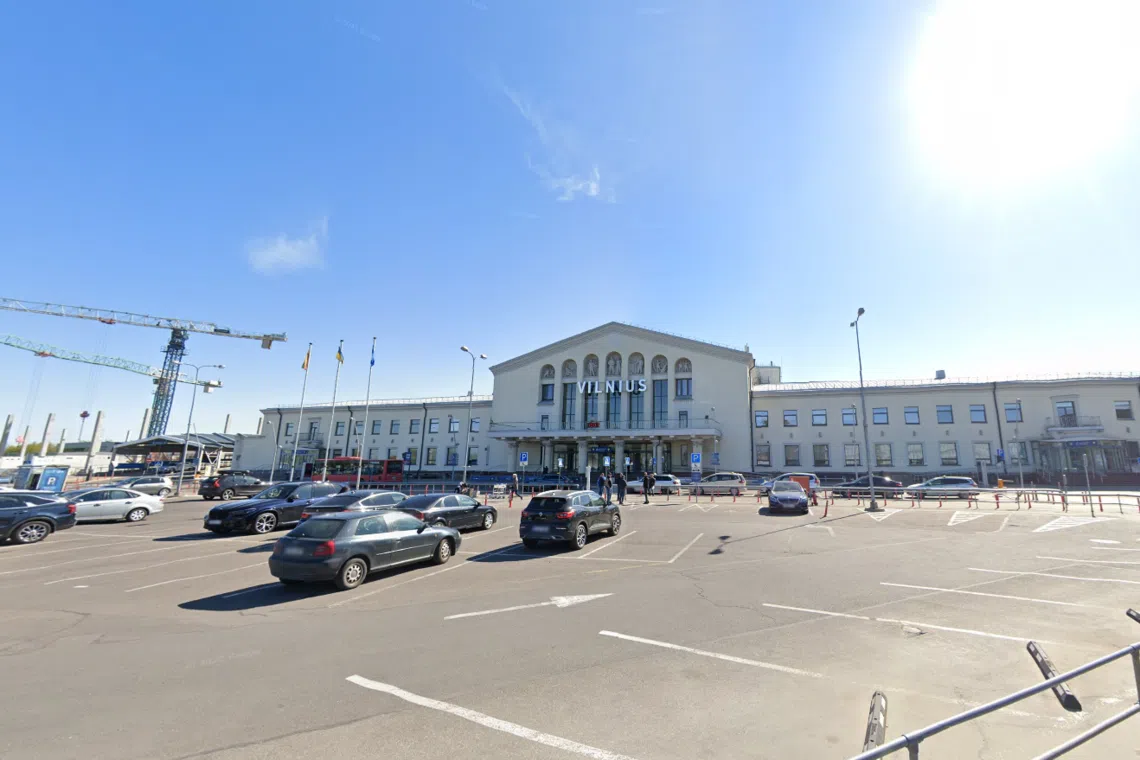Lithuania's Vilnius Airport Briefly Shuts Down Due to Smugglers' Balloons; Hybrid Attack Concerns Raised
 Lithuania
Security
Lithuania
Security

Vilnius Airport in Lithuania closed briefly on November 20 due to smugglers' balloons appearing on radar. Authorities cite these incidents as a "hybrid attack"
Vilnius Airport Temporarily Closed Due to Smugglers' Balloons Amid Hybrid Attack Concerns
Vilnius International Airport in Lithuania experienced a temporary closure on November 20, 2025, following the appearance of unidentified objects, later confirmed as smugglers' balloons, on its radar systems. This incident marks another instance in a series of airspace disruptions that Lithuanian authorities attribute to a "hybrid attack" orchestrated by neighboring Belarus.
Recurrent Airspace Disruptions
The National Crisis Management Centre of Lithuania confirmed the airport's shutdown, directly linking it to the persistent issue of contraband cigarettes being transported by these aerial devices. Lithuania has repeatedly accused Belarusian President Alexander Lukashenko's regime of deliberately allowing or even facilitating these operations. These activities not only pose significant security risks but also disrupt normal air traffic, impacting civilian operations.
Tensions with Belarus Escalate
This latest incident comes shortly after Lithuania had reopened its border crossings with Belarus on November 20, 2025. These crossings had been previously closed in October due to similar airspace intrusions, primarily by weather balloons originating from Belarus. Although there had been a noticeable decrease in reported air traffic incidents in the weeks leading up to the most recent Vilnius airport closure, the recurrence of these events underscores the persistent and escalating tensions between the two Baltic neighbors.
A "Hybrid Attack" Strategy
Lithuania views these balloon incursions as a deliberate strategy designed to destabilize its borders and airspace. Authorities frame them within a broader context of hybrid warfare, where non-military tactics are used to exert pressure. The continuous challenge of managing these aerial threats highlights the complex and evolving security landscape in the region, demanding robust response mechanisms and ongoing vigilance.